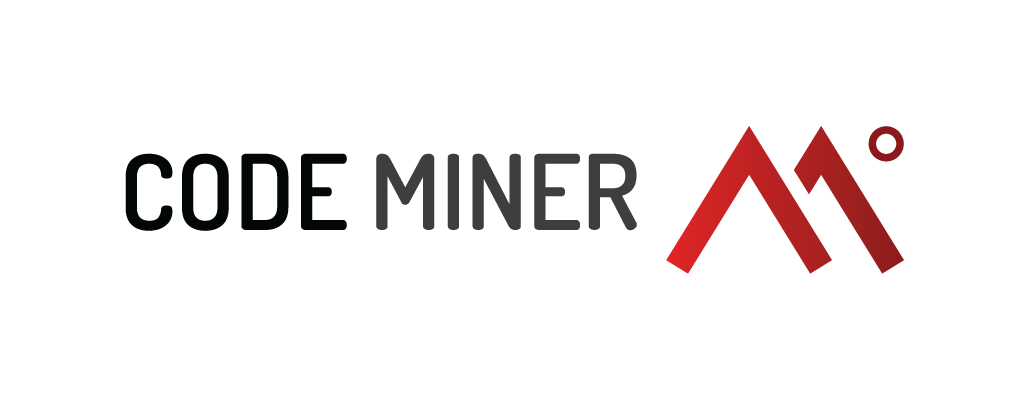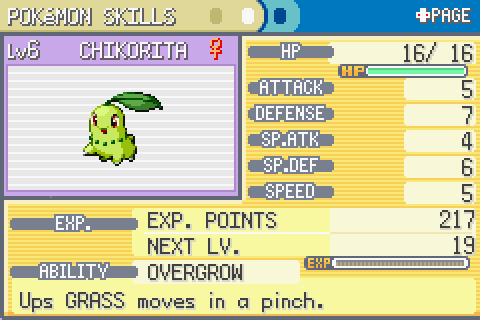Rust
A short intro
With Pokémons, of course.
Disclaimers
I might not be able to answer all the questions.
I've been studying Rust for ~ 3 months, so I don't know much stuff.
Accepting feedback and suggestions!
Many Pokémons and GIFs!
(not even considering the stuff I don't know that exists!) - @ramalhoorg
Hi!
- Computer Engineer
- Programming
- Electronics
- Math <3 <3
- Physics
- Lego
- Pokémon
- Meetups
- Animals
- Coffee
- GIFs

How could I make a talk about language features without being boring?
New language=> new Pokémon version
Pokémon: Rust version
- Being developed for ~ 8 yeas [at least the idea] (source: https://www.youtube.com/watch?v=_-fweBvtifA )
- ~ 2 years when it assumed the desired format and main goals
- Mozilla

C/C++
Ruby/JS
Haskell/FP

C/C++
Ruby/JS
Haskell/FP
C/C++ - don't want GC
Ruby/JS -Nice language with compiler support
Haskell/FP - interesting type system

Starter

Starter


Cargo
Compiles, links and organises project dependencies in a single place
cargo new pokemon --bin



Source: http://doc.crates.io/guide.html

Starter

"hello world"
cargo run

variable bindings
fn main() {
let party_size = 6;
}
fn main() {
let party_size = 6;
party_size = 5;
}
src/main.rs:3:5: 3:19 error: re-assignment of immutable variable `party_size` [E0384]
rustc --explain E0384

variable bindings
fn main() {
let party_size = 6;
}
fn main() {
let mut party_size = 6;
party_size = 5;
}
It's super effective :)
variable bindings
let party_size: i32 = 6;
let party_size: i32;
TL;DR
- Reminds some C style
- You don't have to explicitly declare the type (but it's possible)
- Be careful with immutability

Level up!
fn example(x: int) -> int
-> return type
( ) parameters are optional
fn level_up(level: i32) {
println!("Level up {}", level + 1);
}

fn level_up(level) {
println!("Level up {}", level + 1);
}
fn level_up_with_rare_candy(level: i32) -> i32 {
level + 1
}

fn level_up_with_rare_candy(level: i32) -> i32 {
level + 1;
}


Starter

"hello world"


Expressions vs statements
Expressions
- Do return a value
Statements
- Do NOT return a value
- x +1;
fn use_potion(hp: i32) -> i32 {
hp + 20
}
let current_hp = use_potion;
Function Pointers
let healed_hp = current_hp(5);


Rust Primitive Types
+ level up
ifs and loops



(Sp Def ==Safety)



Grass is a scope to capture Pokémons

let pokemons = vec![1, 2, 3, 4, 5, 6];
fn foo() {
}
But not in a battle!
You cannot capture your rival's Pokémon. You can throw the Pokéball, however.

let pokemons = vec![1, 2, 3, 4, 5, 6];
let pokemons_rival = pokemons;
println!("Capturei {}", pokemons[0]);
Wrong! One Pokémon, two trainers! That's wrong.

You can clone the Pokémon ( ͡° ͜ʖ ͡°)
Or **borrow** it
let pokemons = vec![1, 2, 3];
let pokemons_extras = vec![4, 5, 6];
let pokemon_party = forma_party(&v1, &v2);
&mut
let mut attack = 5;
{
let new_attack = &mut attack;
*new_attack += 1;
}
println!("{}", attack);
Prints 6

Starter

"hello world"


To be continued... :)
References and special thanks
- Florian Gilcher - https://speakerdeck.com/skade/rust-is-the-only-thing-thats-left

- Video - https://www.youtube.com/watch?v=_-fweBvtifA (@steveklabnik)
- Rust Docs - https://doc.rust-lang.org
- @lafp (GIFs)
- Rust by example - https://github.com/rust-lang/rust-by-example
- Twitter Reviews
@Argorak
- Hoenn Map with city names - http://depot.tigrisoft.com/games/rubysapp/images/hoennmap.jpg
- Gym leaders Sprites! - http://bulbapedia.bulbagarden.net/wiki/Hoenn_League
Thank you :)
Questions?
hannelita@gmail.com
@hannelita
